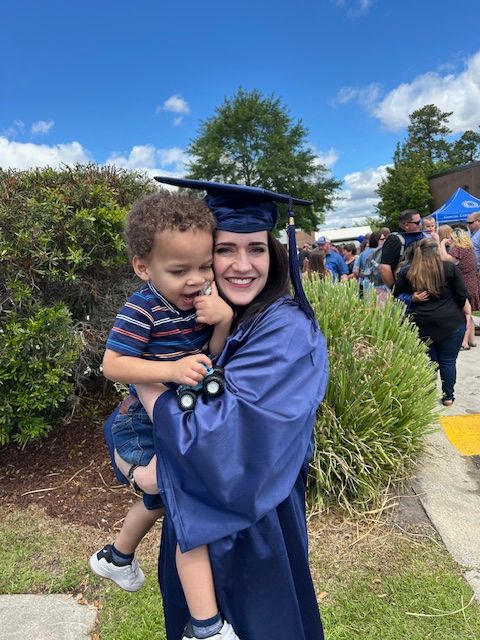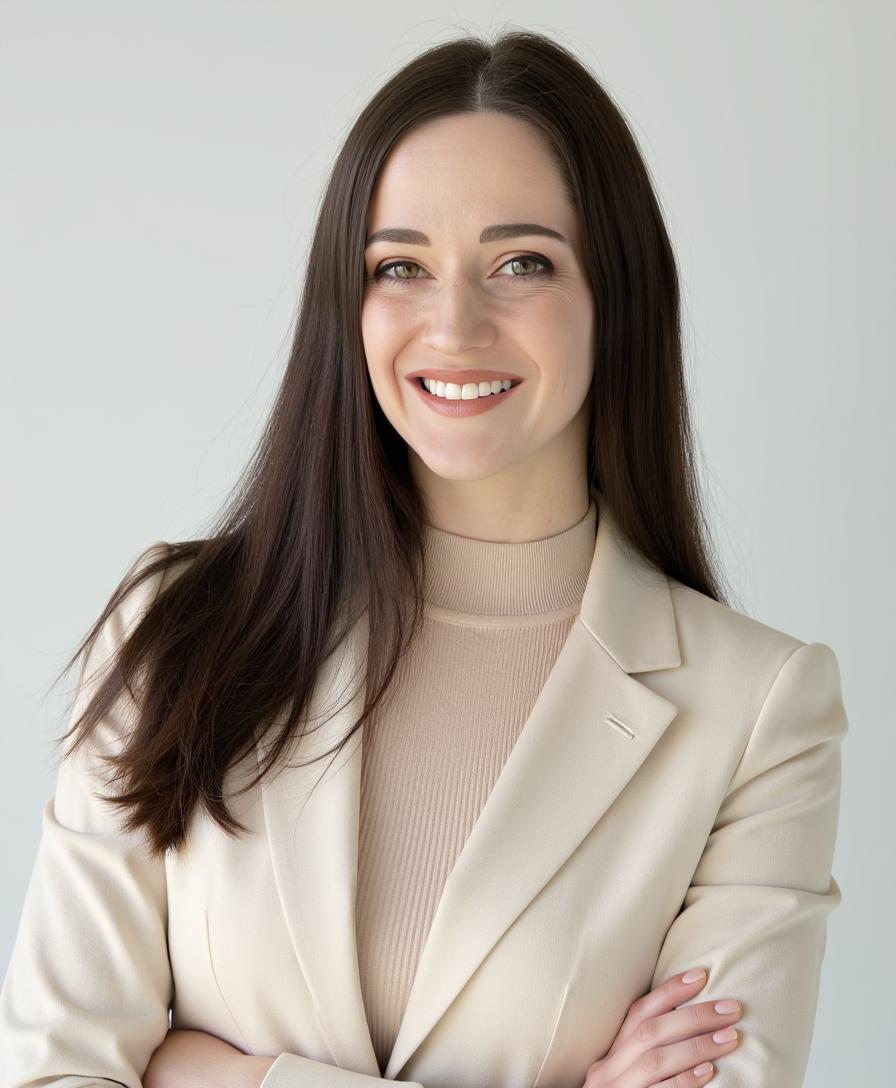We caught up with the brilliant and insightful Melanie Robinson a few weeks ago and have shared our conversation below.
Melanie, appreciate you joining us today. Can you recount a story of an unexpected problem you’ve faced along the way?
My stepfather always said, “Life will try to knock you down, but what matters is how you get back up.” These words have been my guiding light through every challenge I’ve faced. Growing up below the federal poverty line, I watched my family struggle, and I promised myself I would be the one to change our future. I dreamed of becoming the first college graduate in my family, determined to break the cycle of hardship. While juggling multiple jobs in high school, I never lost sight of that goal. Despite the challenges, I still found time for the things that brought me joy—like writing short stories and songwriting. I would often share my stories with friends and teachers, finding a sense of fulfillment in their encouragement and feedback. Writing became my escape, a place where I could express myself creatively, even when life was demanding and stressful.
After high school, I worked in sales management for several years, and though my career was progressing, I felt a deeper calling—one that pushed me to serve my country. After much reflection, I decided to enlist in the United States Marine Corps, becoming the first woman in my family to serve in the military.
But life threw me an unexpected challenge. During a training exercise in the Marine Corps, I sustained a head injury. Initially, I thought I had just suffered a concussion, and at first, that was the diagnosis. I assumed the symptoms—memory loss, vision problems, difficulty reading, and minor motor issues—were temporary. But as time went on, I realized that these symptoms were not improving. My memories were gone, my vision continued to double and go out, reading became increasingly difficult, and my motor skills seemed to get worse, not better. It wasn’t until nearly a year later, after a CAT scan, that doctors discovered the true extent of the damage. I had sustained a Traumatic Brain Injury (TBI).
It was painful to hear the doctors suggest a medical separation. They gave me the choice to try therapy, but they also told me that even with treatment, my life would most likely never be the same again. There was a long moment of silence—a moment filled with heartbreak, as I absorbed the weight of what they were saying. But in that moment, I made a decision: quitting was not an option. I had worked too hard to get this far, and I was not going to let life keep me down. I wasn’t about to let this injury define me. So, I decided to go to therapy.
I committed to several months of intense rehabilitation, determined to fight through the pain. I worked tirelessly to relearn how to read, spell, and regain basic motor skills. The process was exhausting, both physically and emotionally, but I held on to my stepfather’s words: it wasn’t about how hard I fell—it was about how I would rise again.
Through sheer perseverance, I completed my treatments and returned to my duties. Not long after, I became a Marine School Resource Officer on base, a position I was incredibly proud of. I developed a groundbreaking safety program for a local elementary school, which was recognized for its positive impact on the community. Shortly thereafter, I transitioned to the training department, where I created additional programs to bring law enforcement and the local communities together.
After my time in service, I decided to pursue my education full-time, becoming the first in my family to graduate from college, despite the ongoing challenges of my TBI. Along the way, I volunteered as a literacy tutor for adult learners, teaching them the skills I had fought so hard to regain. It was during this time that my passion for writing was reignited. As I taught others how to read and write, I began to write stories again. I shared these stories with my students, and their reaction was overwhelming. They were amazed by my creativity and encouraged me to write a novel. Their belief in me gave me the confidence to pursue my dreams, leading to the creation of my first horror novel, IT Ate Us, which will be published this summer.
Today, I still face the challenges of my TBI, but I’ve learned to adapt and overcome obstacles that many would deem impossible. My journey has shown me that no matter how often life knocks you down, you always have the power to rise again—stronger than before.
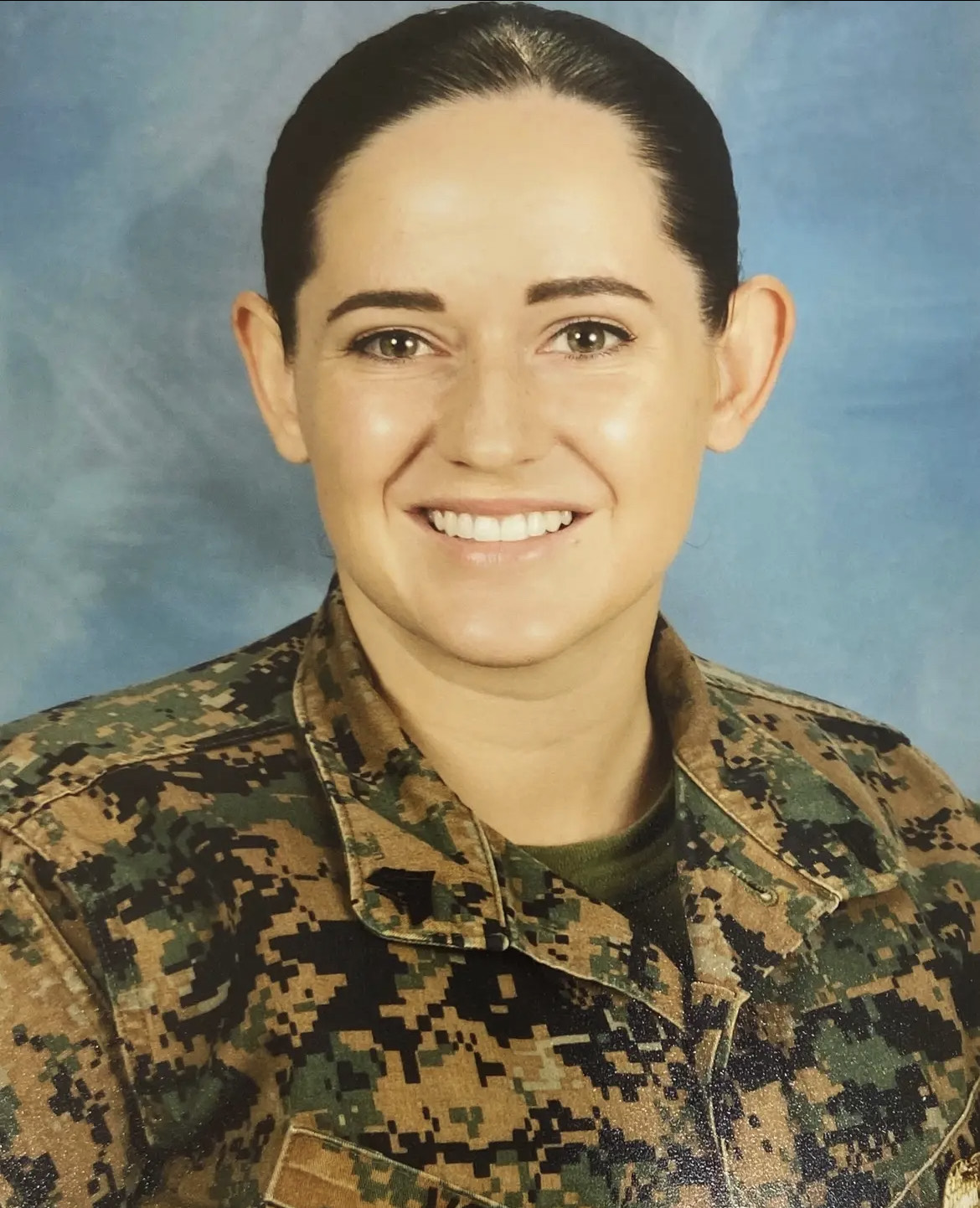
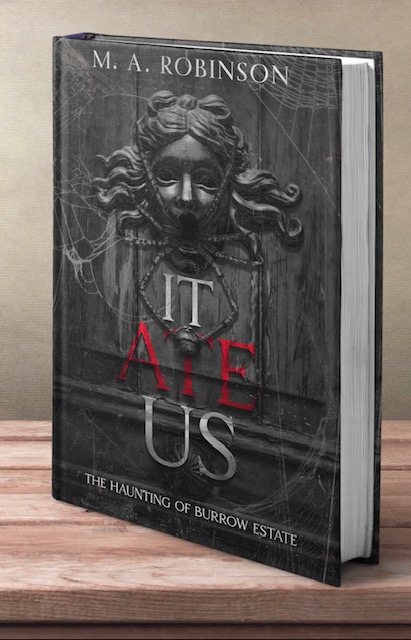
Learning and unlearning are both critical parts of growth – can you share a story of a time when you had to unlearn a lesson?
One of the most important lessons I had to unlearn in life was the belief that I should always put others first and myself last. From a young age, I was taught to prioritize the needs of others—whether it was helping my family or supporting friends. As I grew older, this sense of duty became even stronger. When I served as a military police officer, it was ingrained in me that the lives of others were my responsibility, even if it meant putting my own safety aside. And as a mother, I took it to heart that my home and my son’s well-being should always come first—so much so that I often found myself neglecting basic needs like showering or resting, simply to ensure everyone else was taken care of.
I don’t regret these sacrifices. Helping my family, saving lives, and caring for my loved ones has always been a source of pride. But over time, I realized that in constantly putting myself last, I was losing sight of something incredibly important: the need to take care of myself, too.
It was a hard lesson, but I had to learn that it’s okay to love and prioritize yourself. This isn’t about neglecting others or being selfish—it’s about understanding that you can’t pour from an empty cup. It’s the same advice given during every flight: “Put your mask on first.”
When I began to apply this metaphor to my life, something incredible happened. I allowed myself space to breathe, to rest, and to focus on what I needed. And that’s when my creative spark was reignited. I began to write again, to create, and to dream. I discovered that when I took care of myself first, everything else fell into place more naturally. The lessons we need to unlearn sometimes hold us back, but when we release them, we give ourselves the freedom to truly thrive.
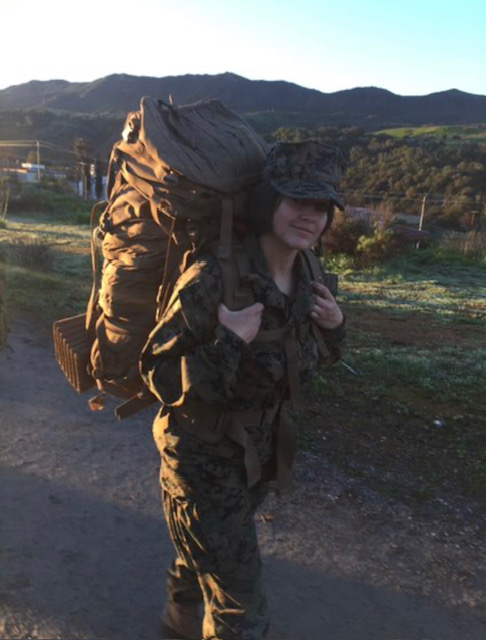
What do you find most rewarding about being a creative?
For me, the most fulfilling part of being a novelist is the chance to do what I truly love—telling stories. I’ve always been a storyteller at heart, a modern-day bard who finds joy in weaving narratives that can captivate and connect. Writing gives me the unique opportunity to share the stories that come from deep within, allowing me to invite others into worlds and experiences that inspire and move them. There’s something deeply rewarding about knowing that the stories I create have the power to resonate with people and leave an impact, and that is what keeps me going as a writer.
Contact Info:
- Instagram: https://www.instagram.com/robinson.horror?igsh=MWZuYWUydDVnMndvbw%3D%3D&utm_source=qr
- Other: TikTok: https://www.tiktok.com/@m.a.robinson?_t=ZT-8um5qHzQwG6&_r=1
